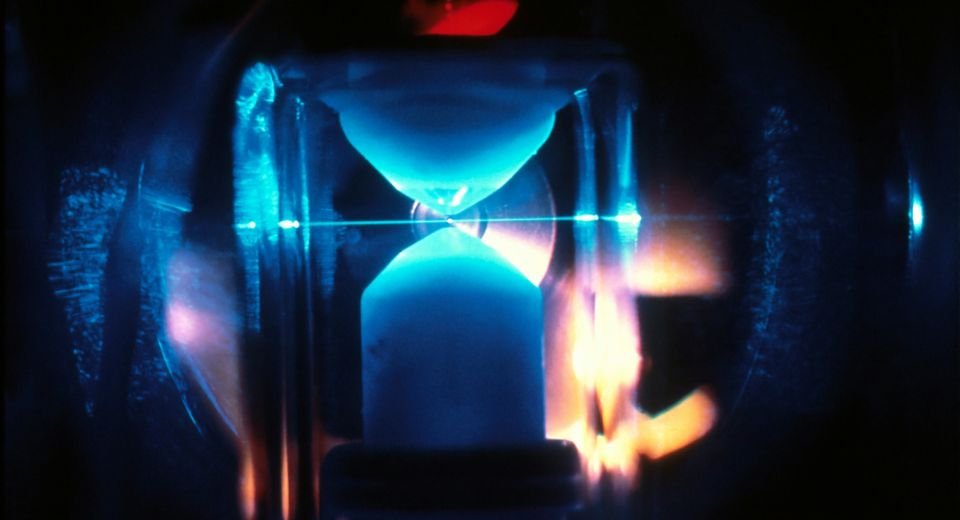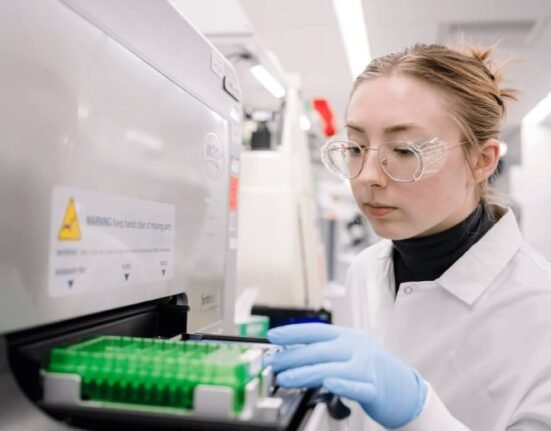HQ Team
August 21, 2024: The US regulatory body has rejected Regeneron Pharmaceuticals, Inc.,’s blood cancer drug as it did not meet the pre-approval standards of the agency.
The US Food and Drug Administration has issued a ‘complete response letter’ to the company for its Biologic Licence Application pointing out the reason for rejection.
The drug is meant for treating patients whose cancer has returned or worsened after at least three prior therapies or in medical terms referred to as relapsed/refractory multiple myeloma.
The “sole approvability issue identified” by the US Food and Drug Administration was related to findings from a pre-approval inspection at a third party fill-finish manufacturer, according to a company statement.
Third party fill-finish
The fill-finish process in the pharmaceutical industry comprises filling vials with vaccine, biological and pharmaceutical drug substances and finishing the process of packaging the medicine for distribution.
“The third-party fill/finish manufacturer has since informed Regeneron that it believes the findings have been resolved, their facility is awaiting reinspection by the FDA, and it is expected to take place in the coming months,” according to the statement.
“Regeneron is committed to working closely with the third-party fill-finish manufacturer and the FDA.”
The homegrown drug, linvoseltamab, is investigational and its safety and efficacy have not been approved by any regulatory authority so far.
EMA review
In February the European Medicines Agency accepted for review the Marketing Authorization Application for linvoseltamab.
Multiple myeloma is a cancer of plasma cells, a type of white blood cells in the bone marrow. In this condition, a group of plasma cells becomes cancerous and multiplies.
The disease can damage the bones, immune system, kidneys and red blood cell count. Symptoms may not be present or may be non-specific, such as loss of appetite, bone pain and fever.
Treatments include targeted therapies, chemotherapy, corticosteroids, radiation, or autologous stem-cell transplant.
According to the International Agency for Research on Cancer, an UN body, the worldwide incidence of multiple myeloma is 160,000 cases, with a mortality rate of 106,000 patients.








